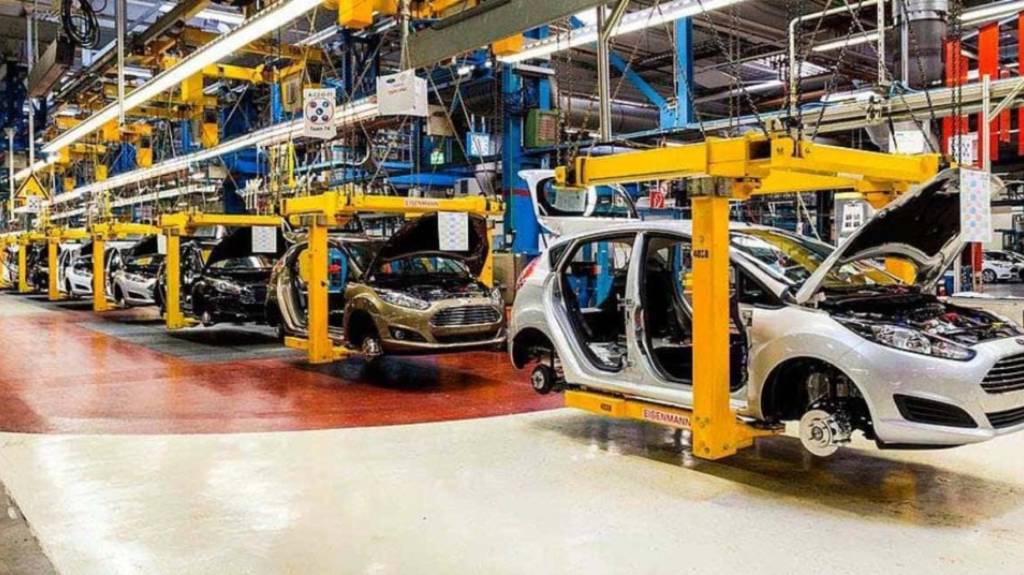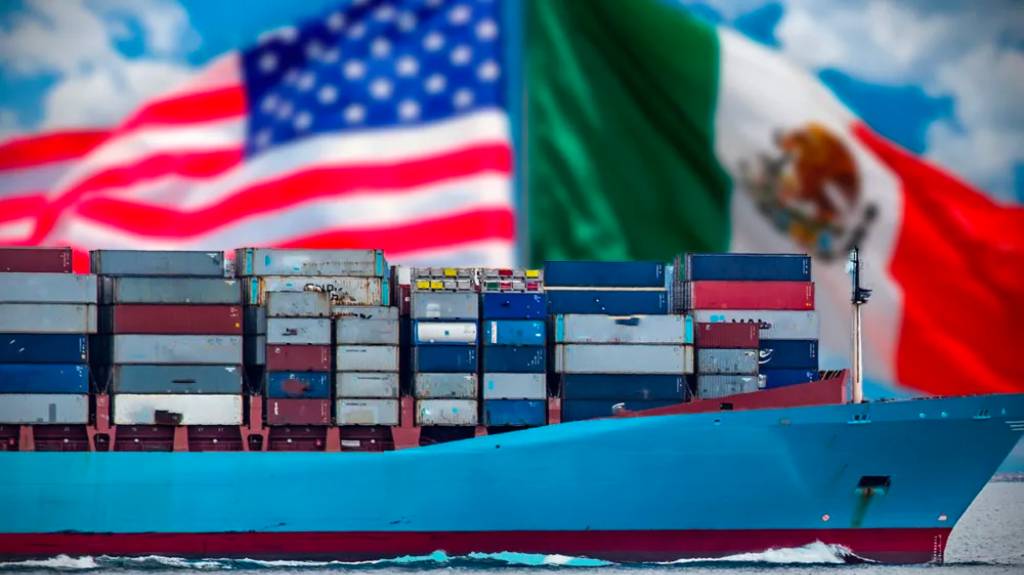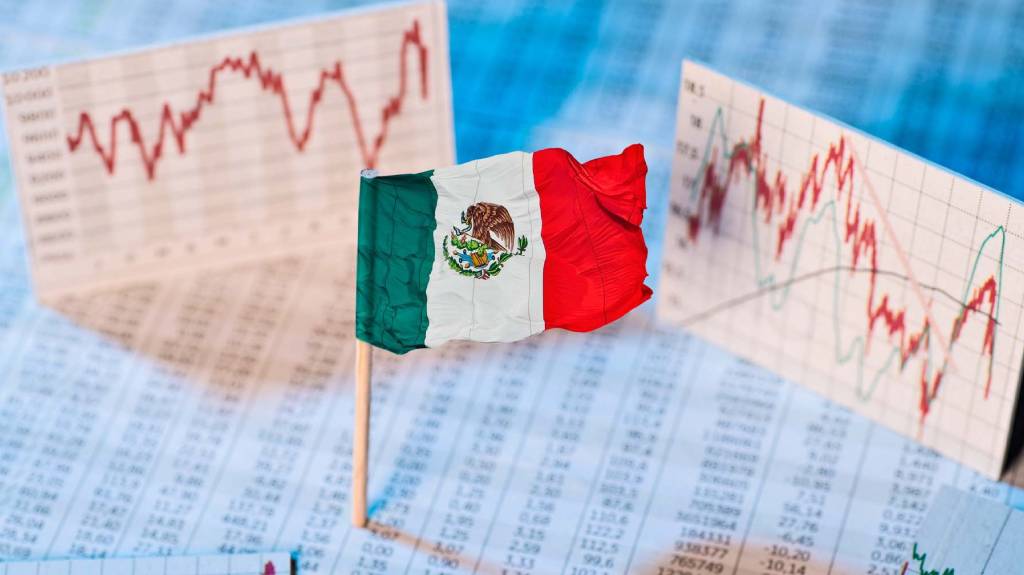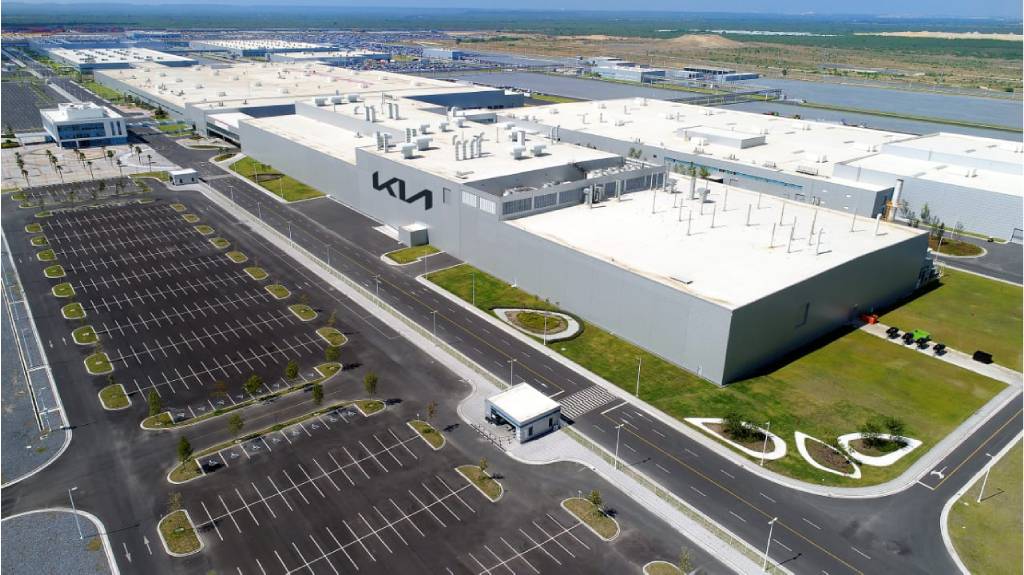
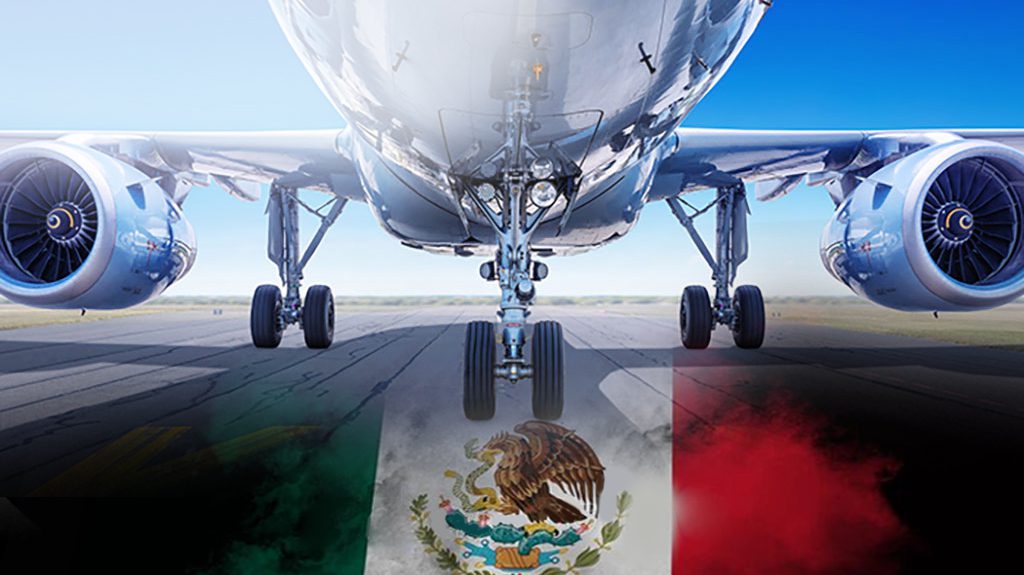
Published 03/10/2022
For the past two years, Mexico’s aerospace and aviation sectors have focused on recovering from economic losses caused by the COVID-19 pandemic. Now, the industry has shifted its goals; it is not only focusing on recovering but also striving to advance its sustainability plans, improve passenger experience and continue to be one of the main means of transportation for both passenger and cargo. Airlines, airports, clusters, sustainability and technological development are the main points on which the development of the Mexican aerospace industry hinges.
Mexico’s ultra-low-cost airlines are thriving. Good strategies, excellent sanitization practices and no travel restrictions have allowed passengers to keep flying within Mexico, boosting local tourism. Mexican airlines Volaris and Viva Aerobus have even been recognized internationally for their achievements in the sector, as reported by MBN.
Much of the attention surrounding airports concerns President Andrés Manuel López Obrador’s flagship infrastructure project: Felipe Angeles International Airport, located in the Santa Lucia military base. After years of construction, the airport will have its opening ceremony on March 21 and will be open for business to four destinations, as reported by Excelsior: Guadalajara, Tijuana, Cancun and Monterrey. However, the airport remains controversial especially after the Superior Audit of the Federation (ASF) found several irregularities in the 2020 Public Accounts, which showed cost overruns in the millions of pesos and construction delays, as mentioned by MBN.
In the aerospace industry, clusters have been a constant example of teamwork since the beginning of the pandemic. Alliances between clusters and companies are helping the sector as it recovers. For example, at the start of the pandemic, the aerospace sector was not considered to be essential so manufacturing operations were closed for a while but continuous work by industry members helped the industry reopen speedily.
Finally, sustainability and technology have become a must in the aerospace sector, given that innovation will continue to allow adopters to stand out. However, technological improvements must always have the environment in mind. Mexico has joined international agreements to achieve zero CO2 emissions in its aviation industry.
Learn more about Aerospace Industry in Mexico.
Source: Mexico Business
Related posts

